Alongside research and teaching, most tenure-track jobs come with some expectation of service.
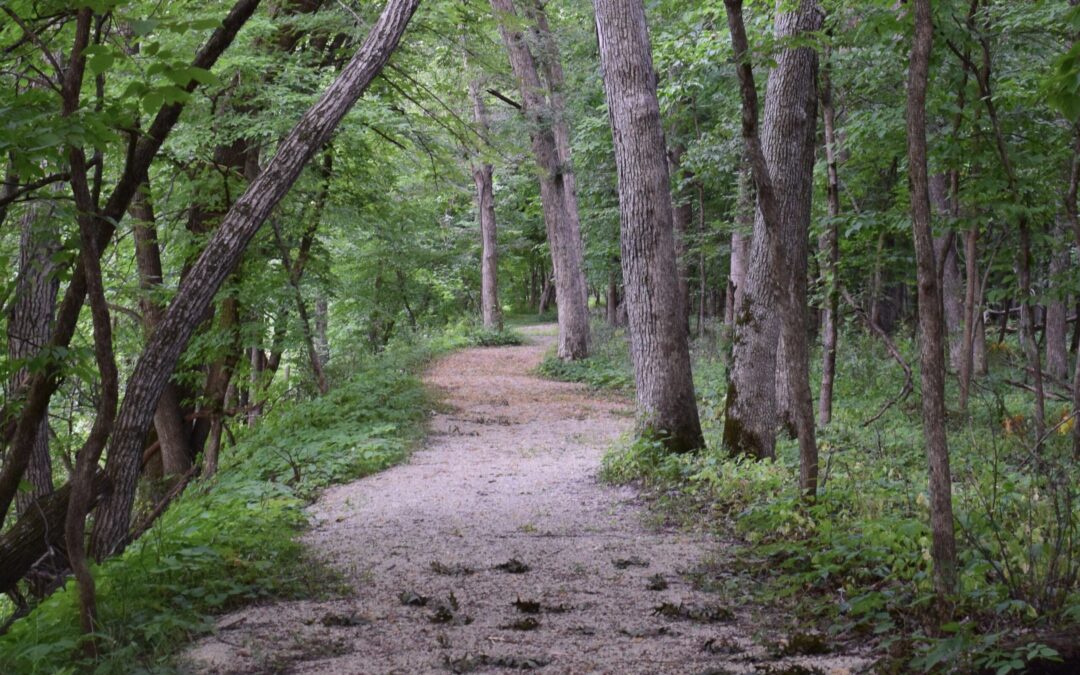

Alongside research and teaching, most tenure-track jobs come with some expectation of service.
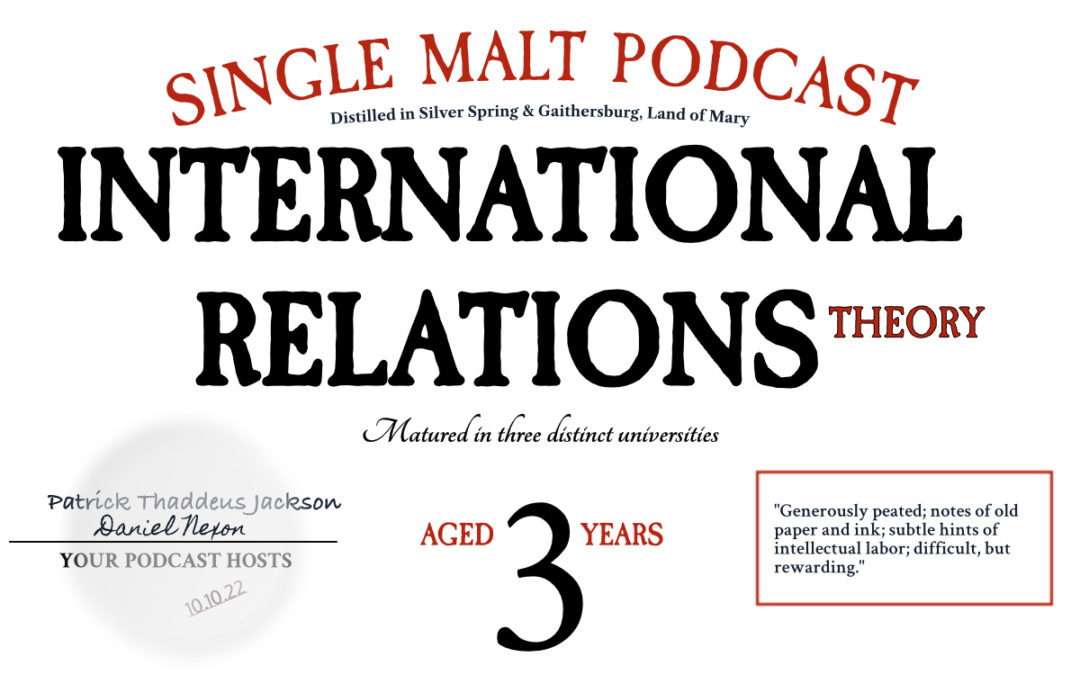
The University of Chicago’s Paul Poast claims that G. Lowes Dickinson is was the OG “modern” theo…
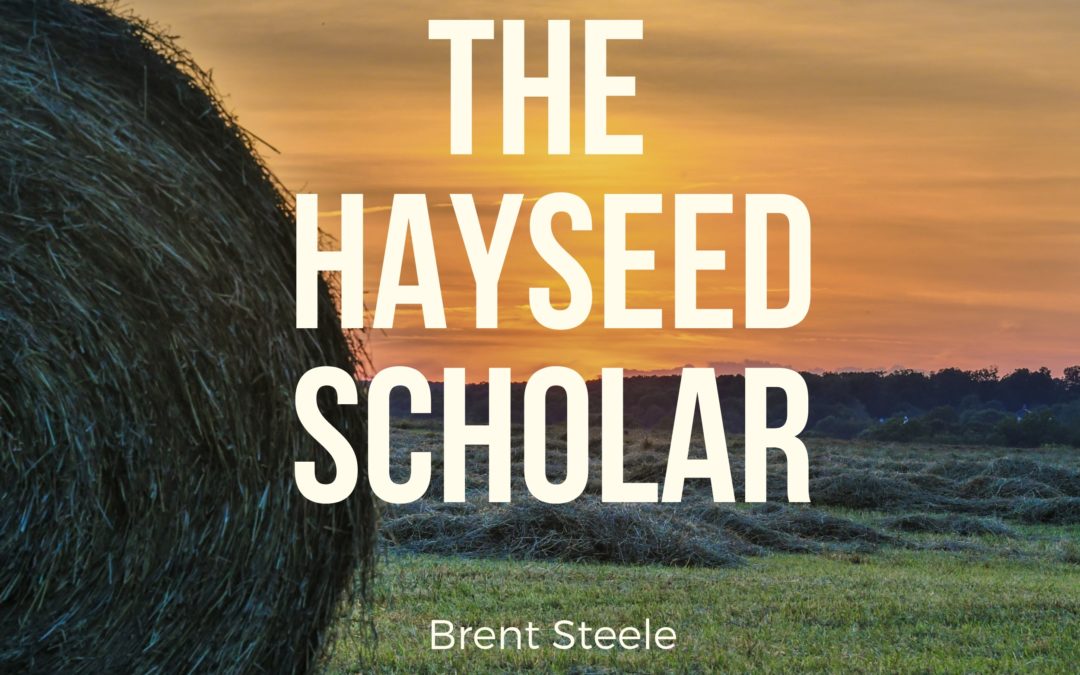
Professor Alexander Barder joins the Hayseed Scholar podcast. Dr. Barder was born in Paris, France, but he and his family moved to Miami very shortly thereafter. He traveled back to France often to...
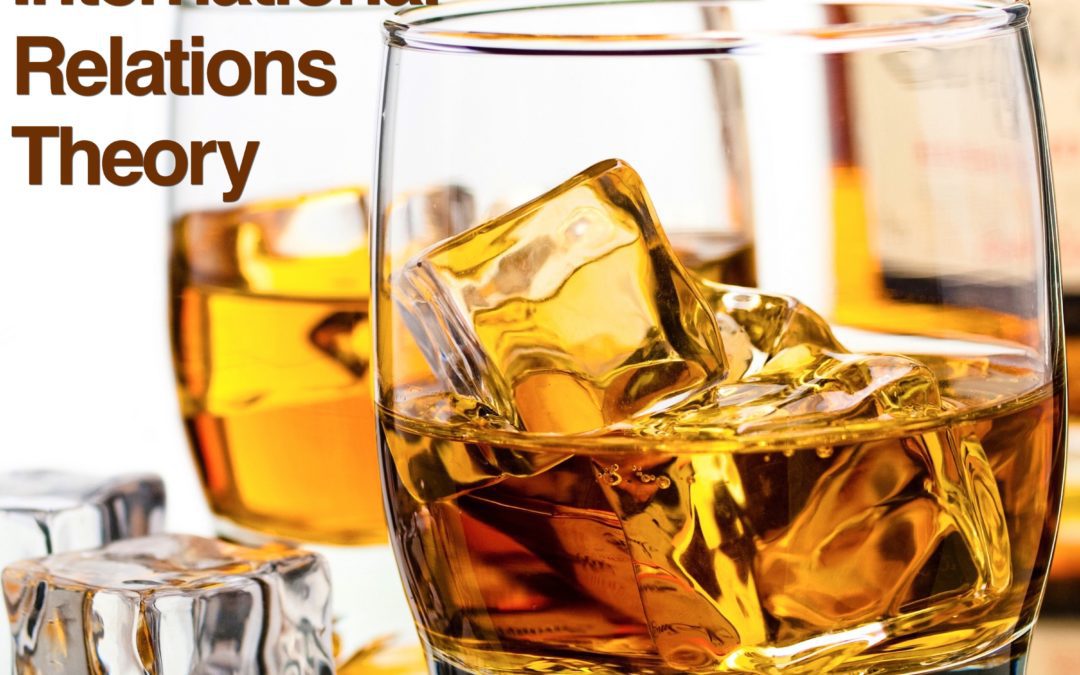
Scholars of international relations don’t agree on much, but they at least agree that anarchy (th…

In a recent panel organized by Ashley Leeds and the Women in Conflict Studies (WICS) group, I had a chance to reflect on some things I wish someone had told me while I was getting my Ph.D. The Bridging the Gap project got excited about bringing the panelists’ reflections to a larger audience through a week of posts here at the Duck of Minerva blog. I’ll start off with various thoughts, and fellow participants will explore their own themes throughout the week. Maybe you’re fortunate to have lots of mentors and get consistently great advice. Even so – and even if you’re past grad...
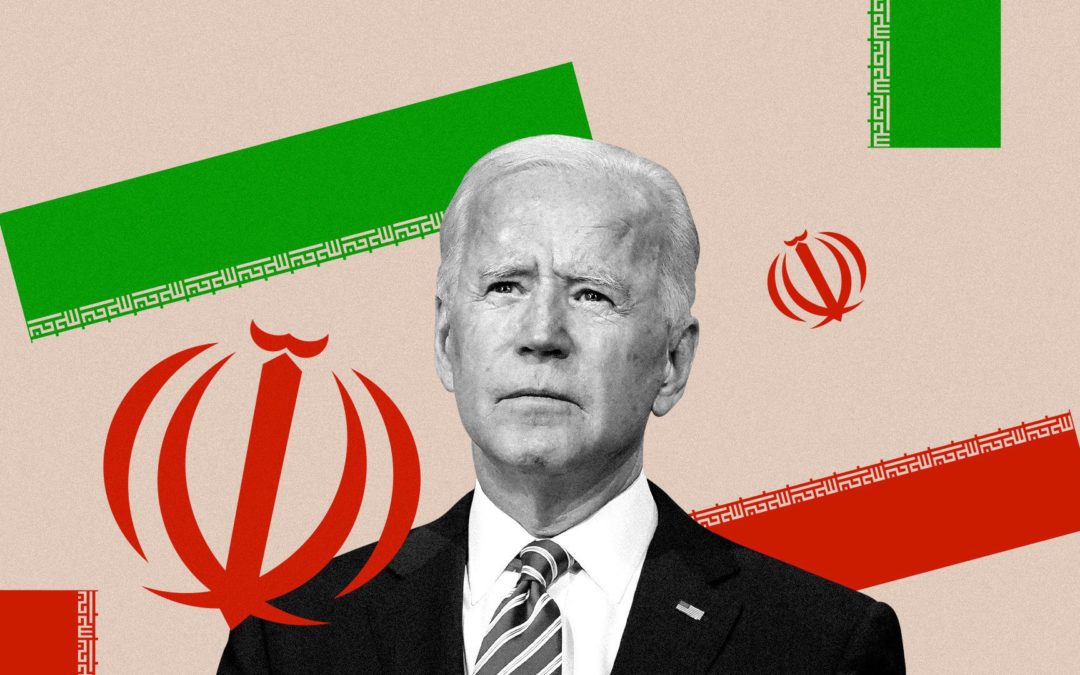
While campaigning for the White House, U.S. President Joe Biden promised Americans that he would reenter the nuclear deal with Iran, officially known as the Joint Comprehensive Plan of Action (JCPOA), so long as Tehran returned to compliance with the agreement’s original terms. Recent polling indicates that this would be a popular move: a majority of the American (and even Iranian!) public would support a joint return to the JCPOA, suggesting that Biden has a solid popular mandate to renew the pact. Yet nearly five months into Biden’s presidency, and after...

Academic research can go a long way to shape the debate or can have no effect at all. The problem is that scholars don’t know – and may never know – how their work has been received by policymakers and whether it steered a policy decision in a good or bad direction.
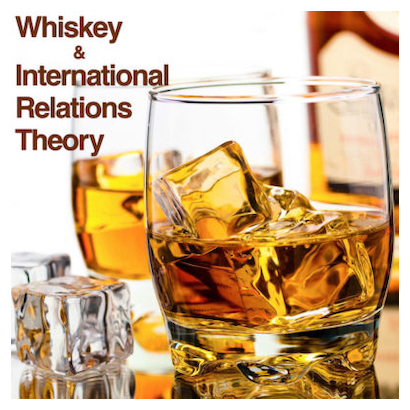
ess than a year after the appearance of "The False Promise of International Institutions," the journal International Security published replies from Robert Keohane and Lisa Martin, John Ruggie, Clifford and Charles Kupchan, and Alexander Wendt. Patrick and Dan discuss this important moment in the "paradigm wars" of the 1990s and 2000s.

Professor Francois Debrix of Virginia Tech University joins the Hayseed Scholar podcast. Francois grew up in France, attending college there with degrees in Spanish and English, and then International Law, Political Science and Diplomatic History. An exchange program through the University of Strasbourg brought Francois to the US and Purdue, where he pursued his Master's, and then PhD under the supervision of Cynthia Weber. Professor Debrix talks about his interest in ideology that led to his dissertation and first book, Re-envisioning Peacekeeping. That book in part helped land him the...

For decades, many International Relations (IR) scholars portrayed experiments with foreign policy elites as too risky, too costly, or too difficult to implement. Faculty mentors discouraged graduate students from wasting their time. In a new article in European Journal of International Relations, we argue that elite experiments are not as difficult to implement as many believe they are. However, they do require careful planning in order to get elites on board. When are elite experiments worth the costs? What are some tips and tricks for successfully carrying out this method? How might this...
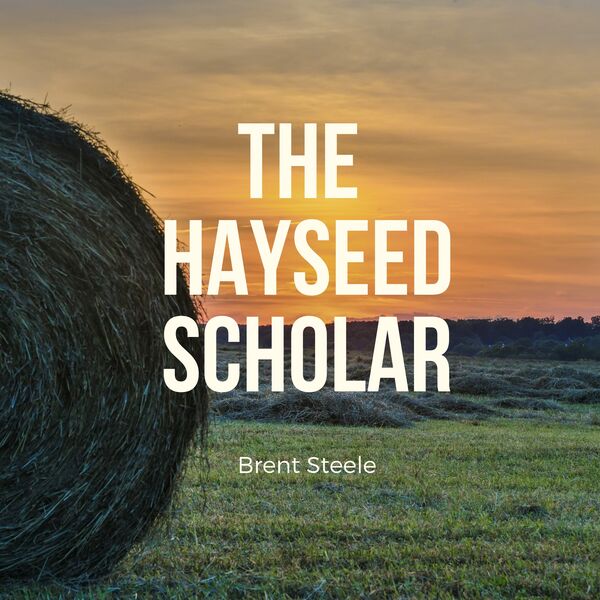
Professor Timothy Longman of Boston University joins the Hayseed Scholar podcast. He speaks about his decision, eventually, to focus on Rwanda as the basis for his dissertation.

Tony Lang discusses philosophy, writing, and why the International Ethics section of the ISA developed into such a friendly environment for junior scholars.